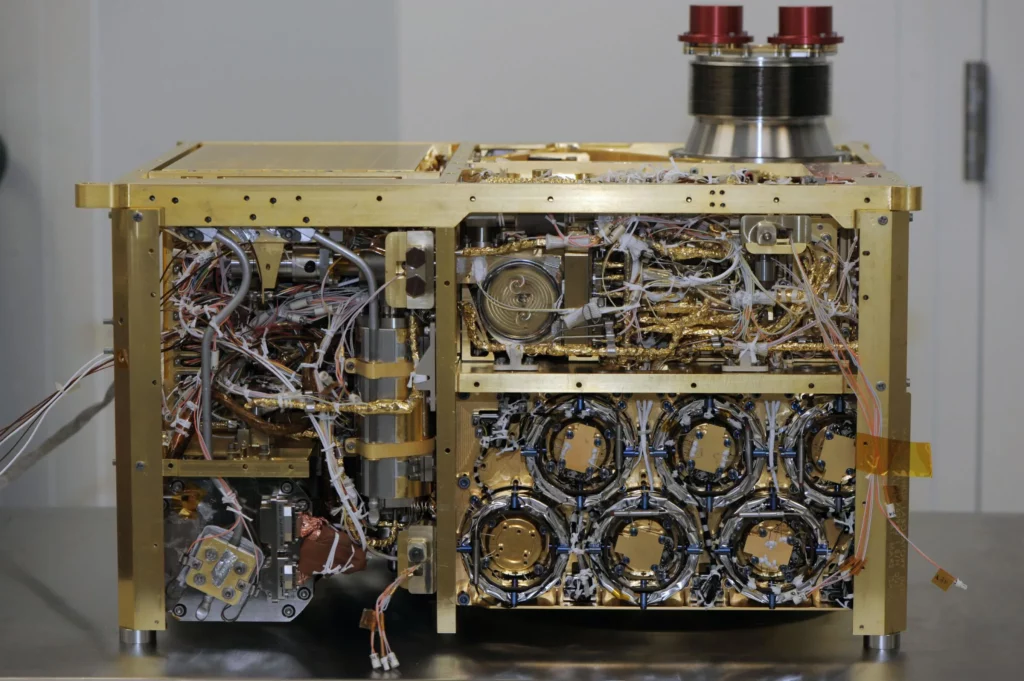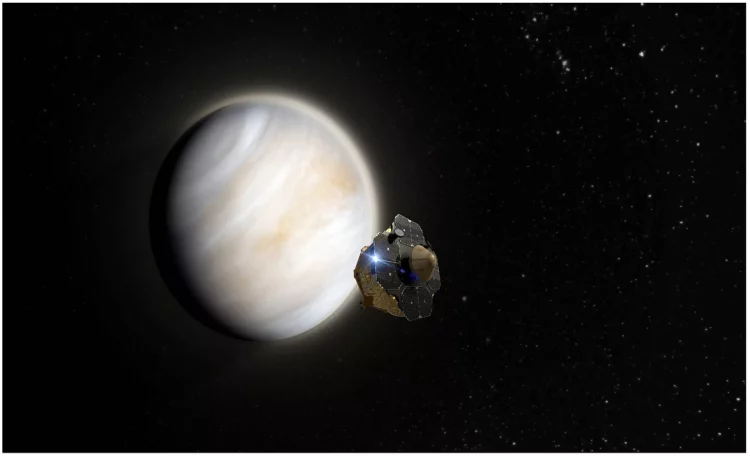1. Introduction
Space exploration and science are pivotal to expanding our understanding of the universe, yet the roles of different entities in this endeavor are often misunderstood. While private companies are making significant strides in space technology and commercial ventures, NASA remains at the forefront of space science and exploration. This article delves into the reasons why NASA undertakes space science missions and why certain aspects are less suited to the private sector, exploring the roles of governmental versus private entities, the nature of space science, and the benefits of NASA’s unique position.
2. The Role of NASA in Space Science
2.1 Historical Context
NASA, the National Aeronautics and Space Administration, was established in 1958 with the mission to pioneer space exploration and advance scientific knowledge. Key milestones include:
- The Apollo Program: Achieved the first manned moon landing in 1969, demonstrating NASA’s capability in executing complex space missions.
- The Hubble Space Telescope: Launched in 1990, Hubble has provided unprecedented images and data about the universe, expanding our understanding of cosmology.
2.2 NASA’s Mission and Objectives
NASA’s mission encompasses several core objectives:
- Scientific Discovery: Conducting research to understand the origins and nature of the universe, including studies of planets, stars, galaxies, and cosmic phenomena.
- Technology Development: Developing advanced technologies that push the boundaries of space exploration and scientific inquiry.
- Exploration: Venturing beyond Earth to explore other planets, moons, and celestial bodies, searching for signs of life and understanding the conditions necessary for life.
3. Why Space Science Is Challenging for the Private Sector
3.1 High-Risk Nature of Space Science
Space science involves significant risks and uncertainties:
- Technological Uncertainty: Developing new technologies for space exploration is complex and involves substantial risk. Private companies may be less willing to invest in high-risk, high-reward projects without guaranteed returns.
- Long-Term Investment: Space science projects often require long-term investment with delayed returns. Private companies typically seek quicker financial gains, making long-term scientific missions less appealing.
3.2 Public Good versus Profit Motive
The nature of space science often aligns more closely with public rather than private interests:
- Scientific Knowledge: Space science aims to expand human knowledge and address fundamental questions about the universe, which may not offer immediate financial benefits.
- Public Benefits: NASA’s missions contribute to the public good by advancing scientific understanding and technological innovation that benefits society as a whole.
3.3 High Costs and Funding Challenges
Space science missions are expensive and require substantial funding:
- Cost of Missions: The cost of space missions, including spacecraft development, launch expenses, and mission operations, can be prohibitively high. For many private companies, the financial risk associated with such costs is too great.
- Funding Models: NASA’s funding comes from federal budgets, which allows for the allocation of resources to high-risk, high-reward projects that may not be feasible for private companies due to financial constraints.
4. The Unique Advantages of NASA’s Approach
4.1 Government Funding and Support
NASA benefits from government support, which facilitates its scientific endeavors:
- Stable Funding: Federal funding provides stability for long-term research projects and mission planning, allowing NASA to pursue ambitious scientific goals without immediate financial pressures.
- Mission Flexibility: Government funding enables NASA to undertake missions that may not have immediate commercial applications but are crucial for advancing scientific knowledge.
4.2 Collaboration with Private Sector
NASA collaborates with the private sector to leverage its expertise and resources:
- Commercial Partnerships: NASA works with private companies to develop technology and infrastructure, such as spacecraft and launch systems, which support its scientific missions.
- Public-Private Partnerships: Initiatives like the Commercial Crew Program and Commercial Resupply Services demonstrate NASA’s commitment to integrating private sector capabilities while maintaining its scientific focus.
4.3 Focus on Fundamental Research
NASA’s focus on fundamental research drives innovation and discovery:
- Exploration Missions: Missions to distant planets and moons provide invaluable data about the solar system and beyond, often leading to groundbreaking discoveries that enhance our understanding of the universe.
- Technological Innovations: NASA’s research and development efforts lead to technological advancements that have applications beyond space exploration, benefiting other industries and society at large.
5. Examples of NASA’s Space Science Missions
5.1 Mars Exploration
NASA’s Mars missions have provided crucial insights into the Red Planet:
- Curiosity Rover: Launched in 2011, Curiosity has explored Mars’ surface, analyzing soil and rocks to assess past habitability and search for signs of life.
- Perseverance Rover: Launched in 2021, Perseverance is designed to search for ancient microbial life and collect samples for future return to Earth.
5.2 The James Webb Space Telescope
The James Webb Space Telescope represents a significant advancement in space observation:
- Advanced Technology: JWST, scheduled for launch, will offer unprecedented views of distant galaxies, star systems, and exoplanets, providing insights into the formation and evolution of the universe.
- Scientific Goals: JWST’s mission includes studying the early universe, examining the atmospheres of exoplanets, and investigating the formation of stars and planetary systems.
5.3 The Voyager Missions
The Voyager missions have expanded our knowledge of the outer solar system:
- Voyager 1 and 2: Launched in 1977, these spacecraft have provided detailed information about Jupiter, Saturn, Uranus, and Neptune, and are now exploring interstellar space.

6. The Role of the Private Sector in Space Exploration
6.1 Current Contributions of Private Companies
Private companies play a crucial role in advancing space technology and commercialization:
- SpaceX: Known for its reusable rocket technology and successful missions to the International Space Station (ISS), SpaceX is revolutionizing space transportation and reducing launch costs.
- Blue Origin: Founded by Jeff Bezos, Blue Origin is focused on developing technologies for space tourism and long-term space habitation.
6.2 Commercial Opportunities
The private sector is exploring various commercial opportunities in space:
- Space Tourism: Companies like Blue Origin and Virgin Galactic are working to make space tourism a reality, offering suborbital flights to private citizens.
- Satellite Services: Private companies provide satellite-based services, including communications, Earth observation, and global positioning systems (GPS).
6.3 Collaboration with NASA
Private companies collaborate with NASA to support space missions:
- Technology Development: NASA partners with private companies to develop and test new technologies, such as the Space Launch System (SLS) and Orion spacecraft.
- Commercial Launch Services: NASA contracts with private companies for launch services, enabling cost-effective access to space for scientific and exploratory missions.
7. Future Directions for NASA and the Private Sector
7.1 Enhancing Collaboration
Future collaboration between NASA and the private sector will focus on:
- Public-Private Partnerships: Expanding public-private partnerships to leverage the strengths of both entities in advancing space exploration and science.
- Joint Missions: Developing joint missions that combine NASA’s scientific expertise with private sector capabilities to achieve common goals.
7.2 Expanding Scientific Research
NASA will continue to drive scientific research through:
- Innovative Missions: Pursuing innovative missions to explore new frontiers in space, such as missions to the outer planets, asteroids, and the study of cosmic phenomena.
- Interdisciplinary Research: Engaging in interdisciplinary research that integrates space science with other fields, such as biology, chemistry, and materials science.
7.3 Supporting Commercialization
NASA will support the commercialization of space by:
- Encouraging Innovation: Promoting innovation in space technology and encouraging private companies to develop new applications and services.
- Facilitating Access: Providing infrastructure and support to enable private companies to access space and contribute to the growth of the space economy.
8. Conclusion
NASA’s role in space science is distinct from that of the private sector due to its focus on fundamental research, long-term missions, and the pursuit of knowledge for the public good. While private companies are making significant contributions to space technology and commercialization, NASA’s unique position allows it to undertake ambitious scientific endeavors that drive discovery and expand our understanding of the universe. As we look to the future, the collaboration between NASA and the private sector will continue to shape the future of space exploration, combining scientific expertise with technological innovation to achieve new milestones in our quest to explore the cosmos.











































Discussion about this post